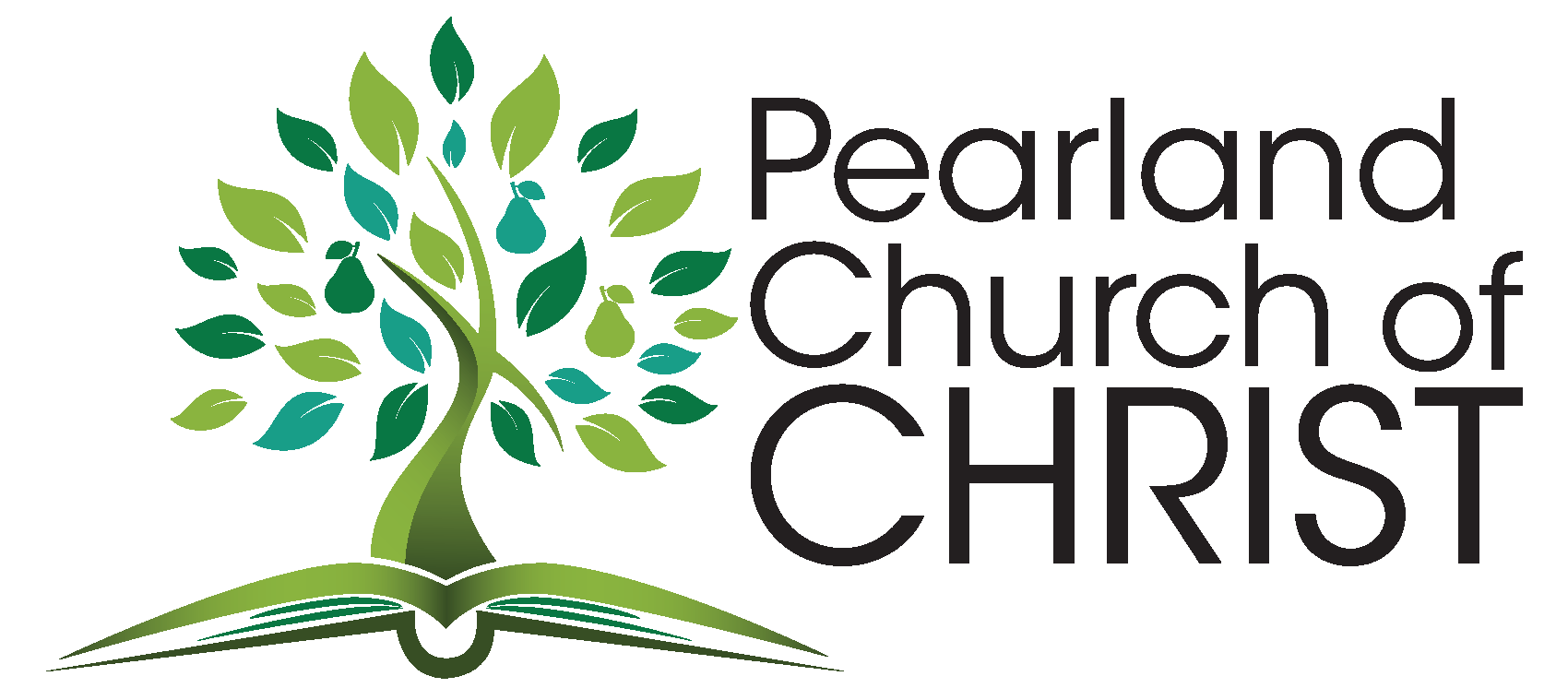On one occasion, the Pharisees challenged Jesus regarding His disciples picking the heads of grain and rubbing them together to separate husk from seed so that they might eat on a Sabbath day. Their accusation was put in the form of a question; “Why do you do what is not lawful on the Sabbath?” (Lk. 6:2). The answer that Jesus gave cited an example of David’s conduct when he was hungry (Lk. 6:3-4) and ended with His statement, “The Son of Man is Lord of the Sabbath” (Lk. 6:5).
His answer was offensive to them. On that same Sabbath day He entered a synagogue, and the Pharisees were “watching Him closely to see if He healed on the Sabbath, so that they might find reason to accuse Him” (Lk. 6:7). After seeing the hardness of their hearts, Jesus healed a man in their presence who had a withered hand with the result that the Pharisees “were filled with rage, and discussed together what they might do to Jesus” (Lk. 6:6-11).
These two events and the statements that Jesus made have caused many to wonder exactly what He meant when He said, “The Son of Man is Lord of the Sabbath.”
Not only was this a true statement in the sense that the pre-incarnate One did establish the Sabbath for man (John 1:1-3; Hebrews 1:10), it is a true statement in the sense that it pointed to their sin of imposing rules and interpretations for the Sabbath as if THEY were the lords of the Sabbath.
Their traditions listed 39 different acts that were forbidden on the Sabbath. Of those, 11 had to do with produce grown in the fields. (To see the list in its entirety, go to chabad.org and look up The 39 Melachot). These 39 forbidden acts are not found in the Law of Moses concerning the Sabbath. But what is contained in the Law of Moses is a provision for eating while passing through a neighbor’s field (Deut. 23:24-25). The only restriction stated in the Law is that one could not harvest more than could be eaten at the time. Grapes could not be put in a vessel for later use, and grains could not be harvested with a sickle.
Neither Jesus nor His disciples had violated any part of the Law in what they did that day. Yet their accusers had taken great liberties with the Law and made things binding that the Law did not. They made life harder for those who had a heart for God. The Sabbath, given by God, was a display of His mercy and grace to man. The pharisaic traditions they enforced were a form of legalism that burdened and oppressed the righteous.
Society and the traditions of man-made religions often make life difficult for a person seeking to know God. Unnecessary and unobtainable hurdles discourage and drive people away. One of the great joys of the gospel is that it liberates and eases our burdens.
What Jesus promised the Jews of His generation is still His promise today (Mt. 11:28-30). Imagine the relief when people learn the simple plan of salvation. I’ve heard people say to me, “That’s it?” as they learn what it takes to become a Christian. You see, not only is He Lord of the Sabbath, He is Lord of our Salvation. People need to know the unencumbered truth.
Keep studying. DC Brown ©2017
